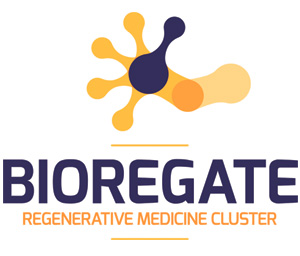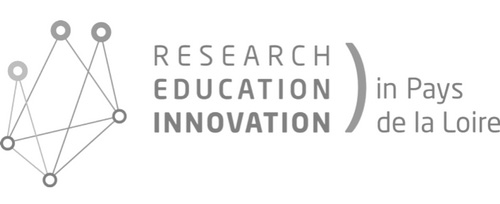The R&D collaborative project “MARBiotech”, led by HEMARINA company was selected as part of the 18th call for projects of the French inter-ministerial fund (2 M€).
This project aims at setting up the first marine annelid farm (Arenicola Marina) in France and at developing oxygen carriers extracted from this biomass for medical applications.
“Our aim is to benefit from perfectly traced pharmaceutical grade raw materials from which we will be able to extract active molecules for medical applications with high added value” adds Dr. Franck Zal, CEO of Hemarina.
The targeted innovations
- The development of a hatchery pilot and a marine annelid magnification pilot
- The preclinical regulatory evaluation of the pharmacology and toxicology of a universal therapeutic oxygen carrier focused on the treatment of ischemic diseases and acute anemia
- Evaluation of the oxygenation benefit, in regenerative medicine, of these oxygen carriers in the development of cellularized bone biomaterials (ex: dental surgery) and meniscal (ex: orthopedic surgery).
The arenicole (Arenicola marina) is a worm belonging to the phylum polychaete annelids, living on the Western Atlantic coasts.
This invertebrate colonizing the intertidal zone reveals its presence on the beaches by a depression and a twist of sand.
The worm is psammivorous, that is, it absorbs the sediment to filter it and feed on the benthic microfauna (bacteria, small organisms).
Common organism in the natural environment, it participates in the processes of bioturbation.
Its life expectancy is 6 years in the natural environment.
It measures between 5 and 15 cm and weighs between 3 and 12 g.
It breeds once a year, in winter.
The hemoglobin of this worm is extracellular. The polypeptide chains of globin that compose it are very close to those of human.
This hemoglobin does not have a blood typing, which makes this worm a universal donor.

